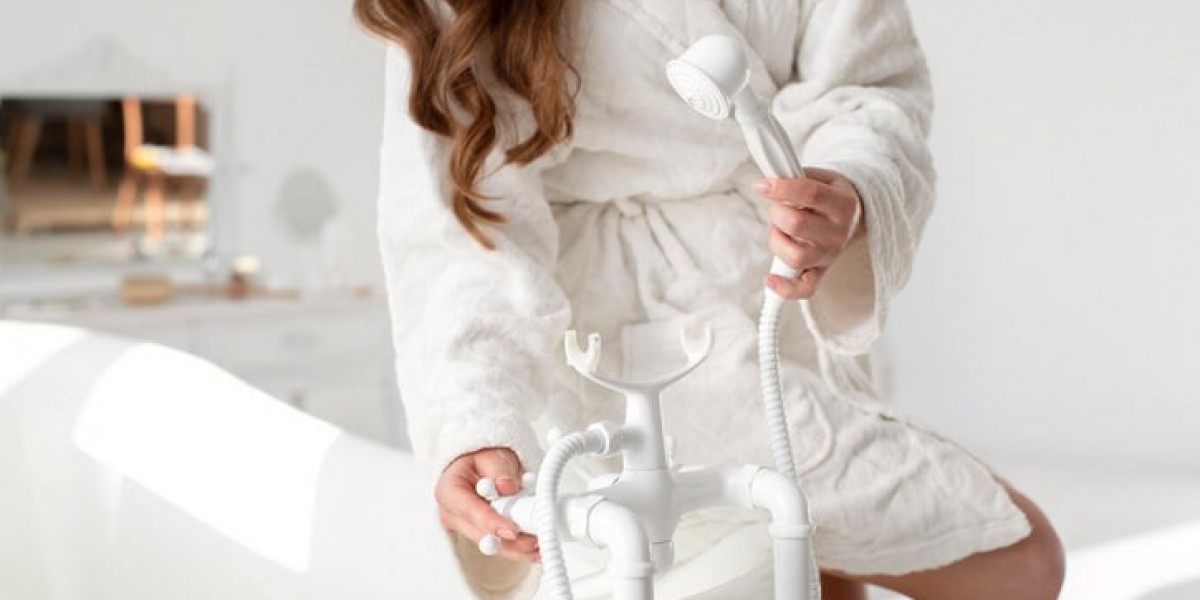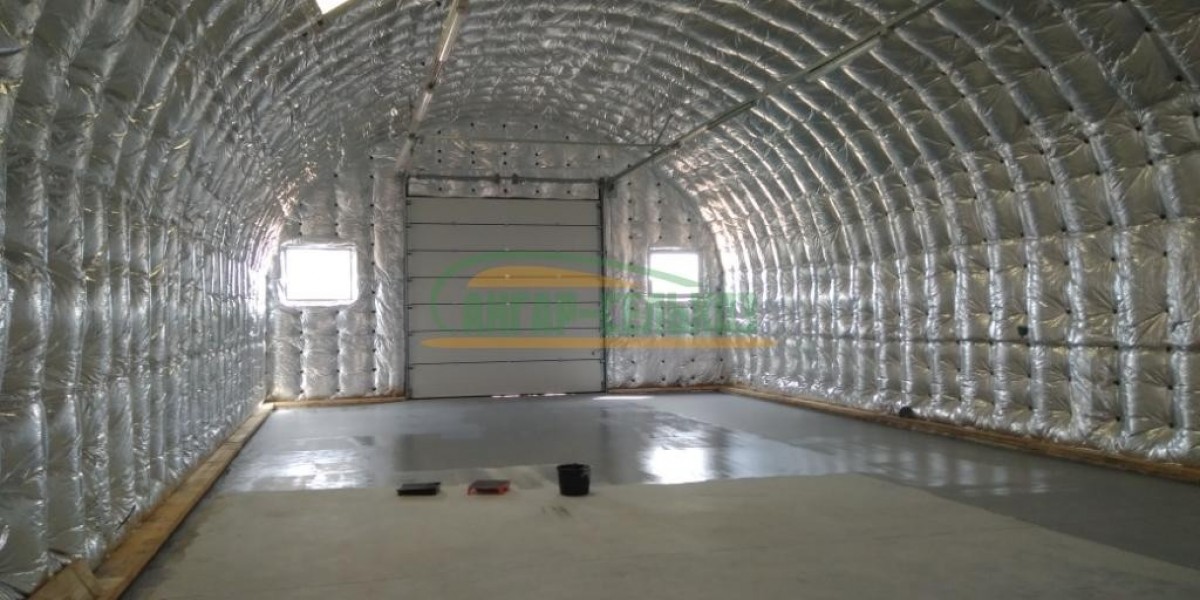The central and eastern US have actually been struck with a heatwave today, with numerous cities recording their greatest temperatures of the year thanks to a "heat dome". High humidity and night-time lows are contributing to oppressive and possibly dangerous weather, making it tough for many individuals to keep cool.

When one's house starts to feel more like the within of an armpit, a/c can provide sweet relief. But if you live in an older home or apartment or condo, you're less likely to have central air conditioning. That means you need to drag out whatever maker you use to keep cool.
Most frequently, this is a window a/c system, says Darcy Carbone, vice-president of sales at APA HVAC Technologies and a member of the property buildings committee at the American Society of Heating, Refrigerating and Air-Conditioning Engineers. These units cool, circulate, filter and dehumidify air in a home.
But utilizing a window unit suggests more than just sticking it on the sill and letting it rip. Here's what you need to understand to use your AC efficiently and safely.
How to pick between a window system or portable AC
Robert Polchinski, a professor at the New York City College of Technology who helps trainees enter the HVAC industry, agrees that many people go with a window system since it is economical. Double-hung windows - the windows that open and close vertically - are likewise most fit for a window system.
Alternatively, a portable AC might be more compatible with your requirements: for example, if your windows crank outside. However, portable units are normally more expensive, use more energy and are less effective at cooling spaces.
How to preserve your AC window unit
When you bring out your AC system from any place you stashed it through the winter season, it's smart to go through a quick list of check-ups before putting it in the window and turning the switch. You must repeat these actions at the end of the season, too. Taking the appropriate actions can help your AC unit last longer and protect you from unexpected negative effects.
Clean the filters: Start by cleaning the system's filter. If you remove the front panel, you'll see the filter, which you can move out. These are washable, Carbone describes. Get rid of any particles, clean the filter by hand with a mild dish cleaning agent, then wash. If you desire to clean your filters again after the system remains in the window, make certain to turn off and disconnect the AC first.

"Filters need to be cleaned at the beginning of the season," Polchinski says. "Generally, when a year needs to be enough. But depending on how filthy the air is in the environment, they may need to be cleaned more than when throughout the season."
Check the coils: Next, Carbone recommends examining the AC's coils. A system has 2 sets of coils: evaporator coils and the condenser coils. Evaporator coils help eliminate hot air from your home and lie behind the filter. Condenser coils expel heat and are located at the back of the system, near the vents.
You'll wish to look after these before the system remains in the window. Remove the system's outer casing, then utilize a vacuum with a pipe attachment to wipe any dust and debris from the coils, says Polchinski.
Allow condensation to drain: A/c systems produce condensation, which water has to go somewhere. Some have built-in pans, and some need to be precisely level, while others need to sit at a slope. This last group should be set up so the system's back is somewhat tilted downward, which assists drain away any condensed water.
"You don't want to accumulate sitting water, which could lead to all kinds of bad scenarios, like a mold build-up or a possible area for mosquito breeding," Polchinski says. He also warns that if the water is warm enough, this could lead to legionella, a kind of germs that grows in water and can trigger sickness.
Store the system properly: Storage also matters, states Carbone. When summer is over, store the window unit as it would be in the window - do not be tempted to turn it on its side to squeeze it into its winter season concealing spot, which can damage the compressor.

How an air conditioner window unit can impact your health
For a system to make cold air, indoor air goes through a cooling coil, which results in condensation. This condensation requires to drain pipes; otherwise, it can trigger mold development, describes Amy Li, an assistant teacher at the University of Waterloo who studies how to improve indoor air quality.
While window system filters do catch particles like dust and dander, they do not perform the exact same function as an air purifier, for example, unless the model has actually been developed particularly to do so. "The filters used don't eliminate particles extremely effectively, so the air isn't always coming out much cleaner than it went in," states Brent Stephens, a teacher at Illinois Institute of Technology who looks into indoor air problems.
Window systems might appear like they draw fresh air from outdoors, but they do not. Because a lack of fresh air increases how much indoor pollutants are inside, Li advises using a carbon dioxide screen to evaluate indoor air or rotating in between utilizing the AC and opening windows to encourage natural ventilation.
What to do if your AC window unit smells strange
Cleaning the system's filters can assist it stay energy efficient due to the fact that clogged up filters block air flow and cause problems. Dirty filters likewise increase the opportunity of mold and mildew growing inside the system. This can result in health problems and trigger the air that exits the system to smell musty, discusses Li.
Some AC units have a drain pan built into the system to collect condensation. If this pan fills, mold can grow, which might also cause a bad smell.
Sign up to Well Actually
Practical advice, professional insights and answers to your questions about how to live a great life
If drainage or filters do not seem to be an issue, however you still observe a bad smell, Carbone says to open up the system and clean the coil with bleach. If you try all the above and it still smells funny, "get rid of it", she states.
When to change your AC
Part of AC ownership also implies understanding when to say farewell. While window systems can last for eight to ten years, certain signs can indicate that something is awry.
Polchinski describes that an air conditioning might be at completion of its run if "your electrical power expenses are running much higher, however the price of electrical power hasn't changed". If your usage hasn't increased much from year to year, that suggests your unit is running less effectively, he explains. That might indicate that the motors are getting weaker, or there might be a "low charge in the refrigerant, which might be a sign that there's a little leakage", Polchinski says. Frozen coils can likewise be a sign of a sluggish refrigerant leakage, states Carbone. If you have actually frozen coils, there's likely ice accumulation around the coils and the system isn't efficiently cooling your home.
Window units utilize refrigerant, a chemical cooling agent, to get rid of heat and humidity from a room. During the process, the refrigerant changes state from liquid to gas. A leak can trigger the refrigerant to escape as a gas. If an air conditioner is dripping liquid, that's most likely to be condensation accumulation.
Older units likewise just don't work also. "You're simply going to be spending for non-efficient devices," Carbone says.
You can bring an older AC to a specialist to see if they can repair whatever's wrong. But Polchinski states that, due to the fact that it's pricey to fix and AC units are getting more affordable, "it most likely doesn't pay to fix it".
What to look for when buying an utilized AC

Carbone doesn't personally recommend getting your AC system pre-owned and says she would not select one that's more than five years old. She also advises that you make certain the seller has actually cleaned the filters and the coils.
Polchinski would also try to find any indications of damage to the coil, adding, "I would want to plug it in somewhere and check it - even if it's not in a window - just to ensure that it sounds right." Listen for loud buzzing, hissing, banging and "pinging or scraping sounds that could be an indicator of turning parts touching something that they shouldn't be touching".
When purchasing pre-owned or new, you'll likewise want to think about how the AC will work for the size of your room. A bigger unit isn't necessarily better: if it's too large, it will cool the room before removing humidity, making it feel clammy. You can do some easy math to find out the size you require. Meanwhile, Polchinski says the most energy-efficient systems are those that are Energy Star-rated.
Carbone says you'll also wish to consider what refrigerant the AC utilizes. Because refrigerants absorb heat, they are valuable in cooling systems, however if they leakage, they can contribute to environment change. Newer machines utilize more eco-friendly refrigerants.
Common AC misconceptions and errors
One significant mistake Polchinski observes is when "people turn the AC unit to optimum cold thinking that is going to get the space cooler quicker." He corresponds it to individuals "continuously pushing an elevator button, thinking that's going to make the elevator get someplace faster".
Ultimately, an AC can only reach a configured temperature level at a particular speed. Temperature control isn't like volume control, he discusses. It just means the compressor keeps running till you get to the chosen frigid setting.
Another concern is that individuals tend to cool buildings when it's "perfectly comfortable outside" or a ceiling fan would be enough, says Liz McCormick, an architect, and professor at the University of North Carolina at Charlotte who's written a book about the impacts of cooling. That's not terrific for the world, and it alters our tolerance and understanding of different conditions.







